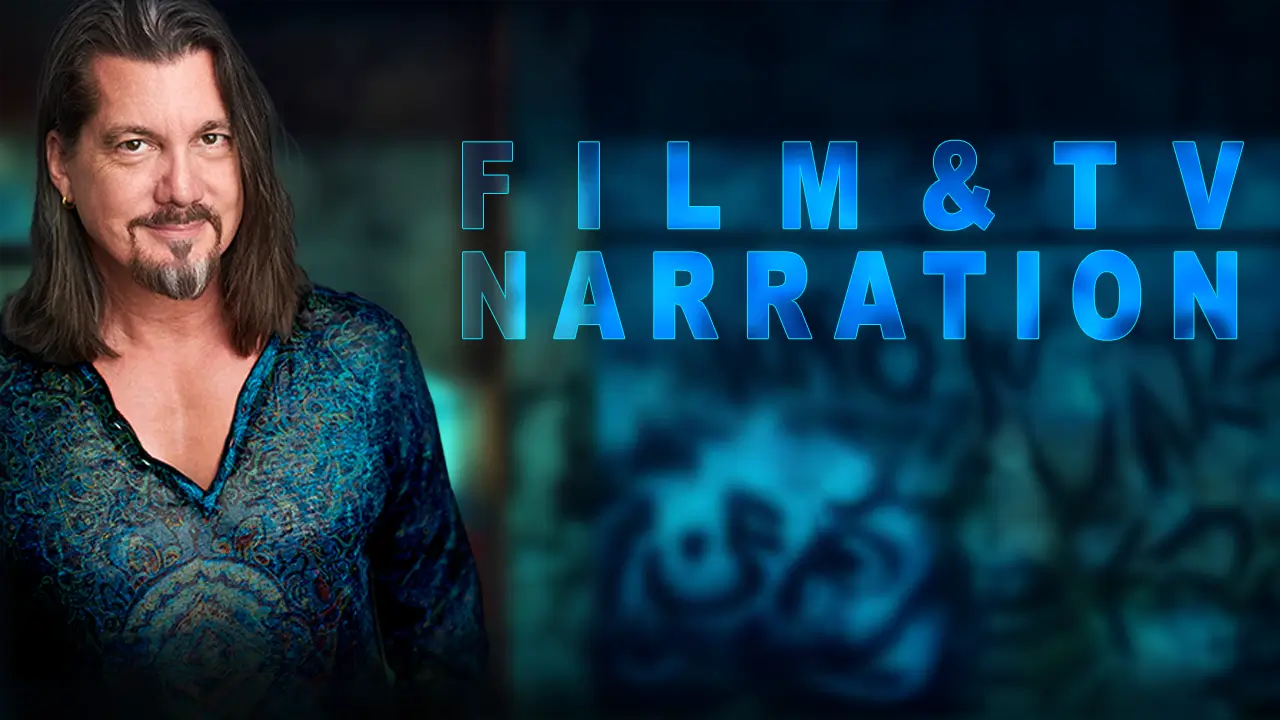

FILM/TV NARRATION
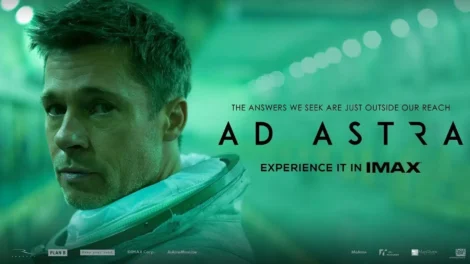
Ad Astra (SpaceCom voice baby DC Douglas)
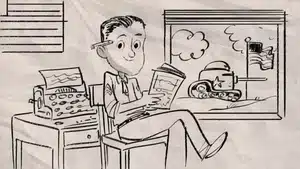
Stan Lee Tribute "War Years"
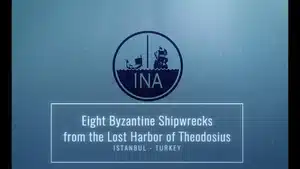
Nautical Archaeology

Matrix Secrets

Dancing With The Stars

Discovery"s Ultimate Weapons

Death Race 2050

50/50 (News Reporter)

House of Clues

Billy"s Dad Is A Fudgepacker

Spike TV"s Sports Crash

Butterfinger - Lou Ferrigno
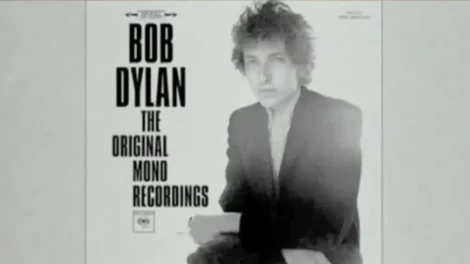
Let"s Stick With Mono
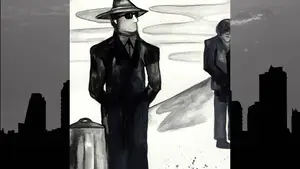
Bad Night In A Tough City
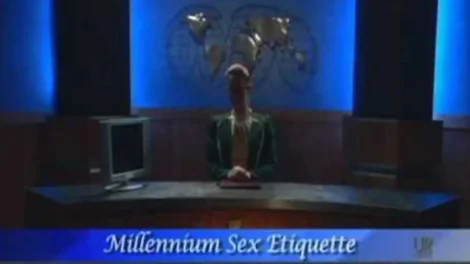
"Universal Remote" Voiceovers

Photojournalist Documentary

Outdoors Channel

Media Matters - Deathers
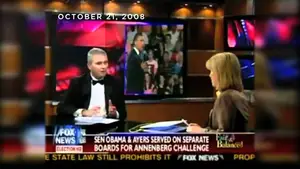
Media Matters - Bill Sammon
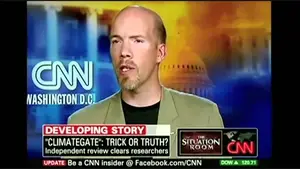
Media Matters - Climate Change

Media Matters - Sarah Palin

Media Matters - Hate
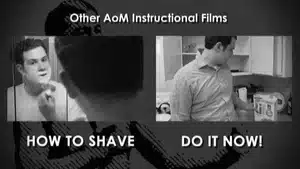
Art of Manliness

Acne Infomercial

Virtual Concierge
 Narrating an entire reality show or documentary is similar to narrating one’s own life, only with less bathroom and sleeping scenes. And, in my case, the virgin sacrifices.
Narrating an entire reality show or documentary is similar to narrating one’s own life, only with less bathroom and sleeping scenes. And, in my case, the virgin sacrifices.
Yes, there’s a “Voice of God” joke in here somewhere.
(Cheesy, I know.)
Film / Television Documentary Narration Voice Over
D.C. Douglas, a versatile and acclaimed voice actor, has made significant contributions to the world of film narration. With his distinctive voice, exceptional range, and ability to bring stories to life, Douglas has become a sought-after talent for a wide variety of projects. His narration services have graced documentaries, feature films, television series, and even infomercials, showcasing his adaptability and skill in the craft.
One of Douglas’ most notable film narration projects is his work on the 2019 sci-fi thriller “Ad Astra,” where he lent his voice to the character of the Computer Therapist. His calm and soothing delivery added an extra layer of depth to the film’s futuristic setting, immersing viewers in the story and helping to create a more engaging experience.
In the realm of documentary narration, Douglas has contributed to several projects that showcase his ability to convey information in an engaging and authoritative manner. His work on “Nautical Archaeology” demonstrates his skill in delivering educational content, while his narration for the “Stan Lee Tribute: War Years” pays homage to the legendary comic book creator, capturing the essence of Lee’s life and legacy.
Douglas’ versatility as a narrator is evident in his work on the “Matrix Secrets” project, where his friendly and inviting tone guides viewers through the intricacies of the iconic film series. His narration helps to make complex concepts accessible to a wide audience, ensuring that viewers remain engaged and informed throughout the production.
In the world of television, Douglas has lent his voice to popular series such as “Dancing With The Stars” and “Discovery’s Ultimate Weapons.” His upbeat and energetic delivery in “Dancing With The Stars” adds to the excitement and glamour of the competition, while his powerful and authoritative narration in “Discovery’s Ultimate Weapons” underscores the gravity and intensity of the subject matter.
Douglas’ narration work extends beyond traditional film and television projects, as demonstrated by his contributions to the 2017 action film “Death Race 2050.” His portrayal of the computer voice in the film showcases his ability to bring life to artificial intelligence characters, adding depth and personality to the story.
In the realm of infomercials and commercial projects, Douglas has lent his voice to a wide range of productions. His work on the “Acne Infomercial” and “Virtual Concierge” demonstrates his ability to deliver persuasive and informative content, while his narration for the “Butterfinger – Lou Ferrigno” ad showcases his comedic timing and ability to engage viewers.
Douglas’ film narration services also extend to short films and independent projects. His work on “Billy’s Dad Is A Fudgepacker” and “Let’s Stick With Mono” highlights his skill in delivering vintage-style narration with a humorous twist, while his contribution to “Bad Night In A Tough City” showcases his ability to create a dark and gritty atmosphere through his delivery.
In the realm of political commentary and satire, Douglas has lent his voice to several projects for Media Matters, a non-profit media watchdog organization. His narration for “Media Matters – Deathers,” “Media Matters – Bill Sammon,” “Media Matters – Climate Change,” “Media Matters – Sarah Palin,” and “Media Matters – Hate” demonstrates his ability to deliver sharp and insightful commentary on a range of political and social issues.
Douglas’ film narration services also include his work on educational and informative content, such as the “Art of Manliness” series and the “Photojournalist Documentary.” In these projects, his warm and engaging delivery helps to create a connection with viewers, encouraging them to explore new ideas and perspectives.
Throughout his career, D.C. Douglas has demonstrated his exceptional skill and versatility as a film narrator. His ability to adapt his voice to suit a wide range of projects, from documentaries and feature films to infomercials and political satire, has made him a valuable asset to the industry. As he continues to lend his voice to new and exciting projects, Douglas’ impact on the world of film narration is sure to grow, cementing his position as one of the most talented and sought-after narrators in the business.
Here are some famous narration examples:
Narration Styles in Documentary and Film/TV Shows
Documentary Narration
Documentary narration often involves a straightforward, informative style, aiming to educate or convey facts about a subject. The narrator is usually unseen, serving as an authoritative voice. Examples include:
- “March of the Penguins” – This film uses a gentle, guiding narrative voice (Morgan Freeman in the English version) to describe the life cycle of Emperor penguins.
- “An Inconvenient Truth” – Features a more direct and urgent narrative style, delivered by Al Gore, to communicate the impacts of climate change.
Film Narration
Film narration can vary widely but often includes a personal or reflective tone. The narrator might be a character from the movie, offering insights into the plot or characters’ thoughts. Examples include:
- “The Shawshank Redemption” – Red (played by Morgan Freeman) narrates with a reflective and anecdotal style, adding depth to the storytelling.
- “Fight Club” – Uses a gritty, introspective narrative style that reflects the chaotic and troubled mind of the protagonist (Edward Norton).
Television Show Narration
TV show narration often serves to enhance the storytelling, provide context, or share additional commentary. It can be character-driven or thematic. Examples include:
- “Arrested Development” – Features a satirical and humorous narrator (Ron Howard) who often provides ironic or contrasting commentary to the actions on screen.
- “How I Met Your Mother” – Utilizes a nostalgic and conversational style, with Future Ted (Bob Saget) narrating the events leading up to how he met his children’s mother.
— TSG Management
“`html
Famous Documentaries Throughout the Years
Documentaries have long been a powerful medium for storytelling, shedding light on real-world issues, uncovering hidden truths, and offering new perspectives on familiar subjects. Over the years, numerous documentaries have captivated audiences, influenced public opinion, and even sparked social change. Here’s a look at some of the most famous documentaries throughout the years.
Classic Documentaries
1. “Nanook of the North” (1922)
Directed by Robert J. Flaherty, “Nanook of the North” is often considered the first feature-length documentary. The film follows the life of Nanook, an Inuit man, and his family in the Arctic. Despite some staged scenes, the documentary provides a fascinating glimpse into the daily struggles and resilience of the Inuit people, making it a pioneering work in documentary filmmaking.
2. “Triumph of the Will” (1935)
Leni Riefenstahl’s “Triumph of the Will” is a controversial yet highly influential documentary. It chronicles the 1934 Nazi Party Congress in Nuremberg, Germany, and is renowned for its groundbreaking cinematography and propaganda techniques. While its subject matter is troubling, the film’s impact on documentary and propaganda filmmaking cannot be understated.
3. “Night and Fog” (1956)
Directed by Alain Resnais, “Night and Fog” is a harrowing examination of the Holocaust. The documentary juxtaposes contemporary footage of abandoned concentration camps with archival footage of the atrocities committed during World War II. Its poignant narration and stark visuals make it one of the most powerful Holocaust documentaries ever made.
Modern Milestones
4. “Hoop Dreams” (1994)
Steve James’s “Hoop Dreams” follows two African-American teenagers, William Gates and Arthur Agee, as they pursue their dream of becoming professional basketball players. The documentary offers an in-depth look at the socioeconomic challenges they face and the impact of sports on their lives. “Hoop Dreams” received critical acclaim and is considered one of the greatest sports documentaries of all time.
5. “The Thin Blue Line” (1988)
Directed by Errol Morris, “The Thin Blue Line” examines the case of Randall Dale Adams, a man wrongfully convicted of murder in Texas. The documentary’s use of reenactments and its investigative approach helped reopen the case, ultimately leading to Adams’s release. The film’s impact on the justice system and its innovative style have made it a landmark in documentary filmmaking.
6. “Fahrenheit 9/11” (2004)
Michael Moore’s “Fahrenheit 9/11” is a provocative critique of the Bush administration’s handling of the September 11 attacks and the subsequent War on Terror. The documentary became the highest-grossing documentary of all time and sparked widespread debate about U.S. foreign policy. Moore’s bold, confrontational style continues to influence political documentaries.
Recent Impactful Documentaries
7. “An Inconvenient Truth” (2006)
Directed by Davis Guggenheim, “An Inconvenient Truth” features former Vice President Al Gore’s campaign to educate the public about global warming. The documentary’s compelling presentation of scientific data and its urgent message about climate change helped raise awareness and won the Academy Award for Best Documentary Feature.
8. “Blackfish” (2013)
Gabriela Cowperthwaite’s “Blackfish” investigates the controversial captivity of killer whales at SeaWorld, focusing on Tilikum, an orca involved in the deaths of several trainers. The documentary’s emotional impact and compelling arguments led to widespread public outcry and significant changes in policies regarding marine mammal captivity.
9. “13th” (2016)
Ava DuVernay’s “13th” explores the intersection of race, justice, and mass incarceration in the United States. The documentary takes its name from the 13th Amendment, which abolished slavery except as punishment for a crime. “13th” offers a powerful and insightful look at systemic racism and has been praised for its thorough research and impactful storytelling.
10. “Won’t You Be My Neighbor?” (2018)
Directed by Morgan Neville, “Won’t You Be My Neighbor?” chronicles the life and legacy of Fred Rogers, the beloved host of the children’s television show “Mister Rogers’ Neighborhood.” The documentary celebrates Rogers’s compassionate approach to children’s programming and his enduring impact on American culture. It received widespread acclaim for its heartfelt portrayal and emotional depth.
The Influence of Documentaries
Documentaries have the power to inform, persuade, and inspire. From the early days of “Nanook of the North” to the impactful modern works like “13th,” documentaries have played a crucial role in shaping public discourse and driving social change. As the medium continues to evolve, its potential to influence and enlighten remains as strong as ever.
For more insights into the world of documentaries, check out these authoritative sources:
Explore the latest in documentary filmmaking at International Documentary Association.
Stay updated on documentary news and reviews at IndieWire.
Learn about the history and impact of famous documentaries at PBS.
“`


